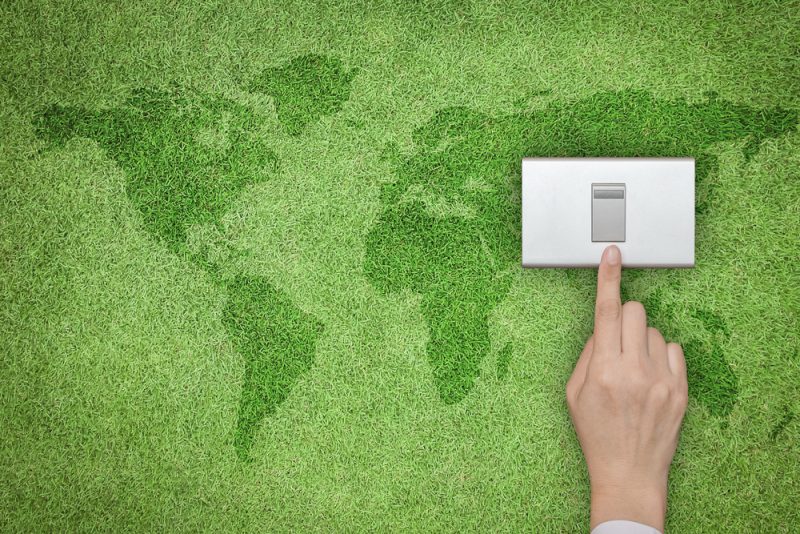Here in the United States, we waste a lot of energy. In fact, studies show that our nation is the worldwide leader in wasting energy. That’s not a great category to be first in, and it’s also bad news for our planet. Pollution, global warming, and other environmental problems are directly related to the ways we waste energy of all kinds, from electrical power to gasoline for cars.
Even putting aside how large-scale environmental consequences will eventually affect our cities, our societies, and ourselves, there are short-term consequences that we should all consider. When we fail to heat or cool our homes effectively, we end up paying more than we should in our gas and electric bills. And when we waste gas, we have to buy more of it.
It benefits both us and our environment to eliminate as much of our energy waste as possible. Here’s how you can contribute.
Your car is driving environmental problems
Americans own a lot of cars — more than 268 million of them, to be more precise. And those cars, for the most part, run on fossil fuels. They generate exhaust, and they pollute the environment. And we, of course, are the ones paying for the gallons of gas that keep our cars and trucks moving. So if you want to protect the environment and save money, you should consider changing your vehicle and your driving habits.
Start by looking at fuel efficiency. There are lots of great car buying options for efficiency-minded drivers these days, according to experts at a car dealership in North Olmsted, OH. Those include economy cars, lean performance vehicles, hybrids, and even electric cars. Along with superior safety features and modern conveniences, this is a great reason to invest in a new vehicle.
How you drive matters, too. When you quickly accelerate and decelerate, you’re wasting gas. And traffic is bad for fuel efficiency. Practice smooth and gas-conscious driving, and take public transit when you can to avoid wasting any gas at all. Using public transit will also reduce traffic, which eases energy waste from other vehicles on the road.
Using less energy at home
Do you leave the lights on when you leave a room? That’s wasteful, and it’s costing both you and the environment. You should strive to use less energy at home, and that starts with your habits.
It doesn’t end there, though. There are plenty of ways to limit your energy use by updating your home’s electrical installations and appliances. Newer appliances tend to be more energy-efficient than older ones, and a well-maintained appliance is virtually always more energy-efficient than a neglected one. Work with appliance repair services to get a more efficient home, and your investments will pay off in the form of lower energy bills.
Don’t forget about your HVAC system either. Heating and air conditioning are necessary for keeping our homes comfortable, but they can become inefficient if we’re not careful about maintaining our systems. Proper insulation is key — if the cool or warm air in your home is escaping to the outdoors, then you’ll have to use more energy to generate more of it.
You don’t have to think about energy all of the time in order to make major changes to your energy waste. Just invest in efficient vehicles and appliances and make a habit of doing small things to reduce your impact. The planet and your bank account will thank you later down the road.
